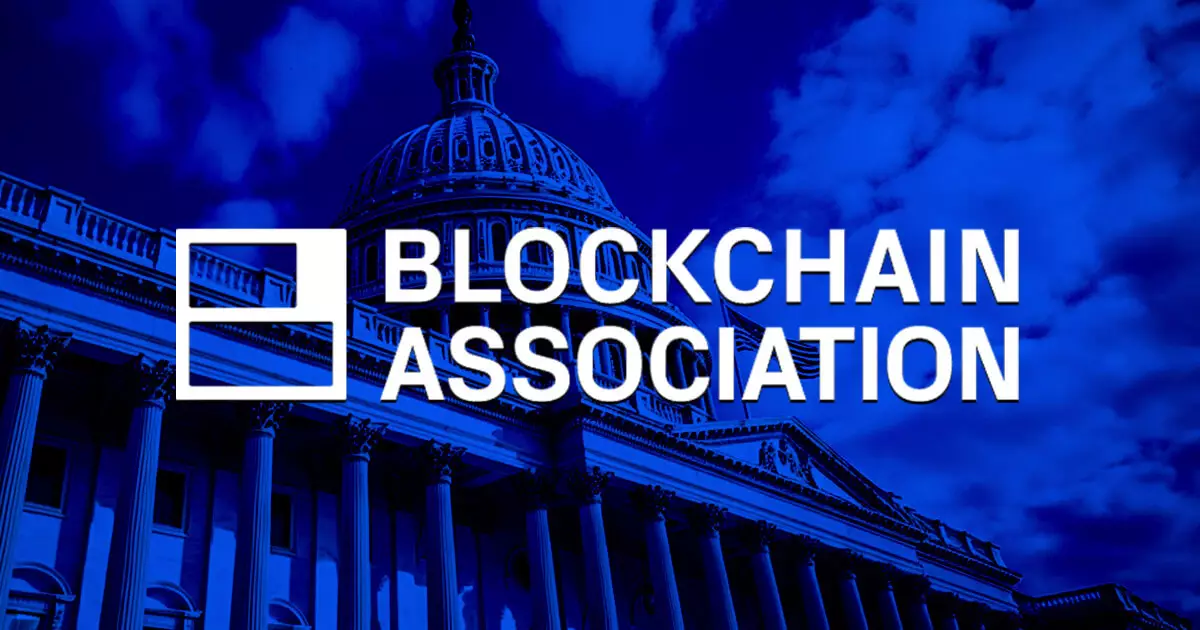In recent months, the House Committee on Oversight and Government Reform has taken significant steps to investigate the banking sector’s relationship with cryptocurrency firms. A formal letter was issued to multiple organizations, including major players like Coinbase and Uniswap Labs, demanding evidence of systemic debanking practices. This investigation highlights a growing concern over whether political motivations and regulatory pressures are putting lawful crypto businesses at risk of being excluded from essential financial services.
The Blockchain Association, which represents a coalition of leading crypto firms, recently confirmed it received this investigative request, expressing support for Representative James Comer’s initiative. As the regulatory landscape shifts, the urgency of addressing these banking access issues becomes increasingly critical, especially as lawful entities within the crypto space report struggling to secure basic financial services. This raises questions about the implications for regulatory fairness and the long-term viability of the crypto sector.
The Implications of Debanking for Innovation and Growth
The plight of companies like Coinbase and Uniswap Labs, which have stated publicly that they were abruptly cut off from banking services without justification, points to a disturbing trend. Complaints from these firms reveal a larger pattern under the Biden administration, where vague denials of banking access are common. The Blockchain Association argues that such actions not only stifle innovation but also push companies to relocate to more favorable jurisdictions, potentially leading to a brain drain in the U.S. financial sector.
In light of these practices, the Blockchain Association has taken proactive steps to support those affected by the issue of debanking. The organization established an anonymous reporting tool to collect testimonies from individuals who have experienced similar banking challenges. Additionally, they have utilized the Freedom of Information Act (FOIA) to demand transparency about potential regulatory overreach. These measures underscore the commitment of industry advocates to protect the future of lawful crypto businesses amid bullish developments in blockchain technology.
The current investigation is reminiscent of past regulatory efforts, particularly the controversial Operation Chokepoint under former President Barack Obama, which aimed to restrict services to certain high-risk industries. The Oversight Committee’s inquiry draws parallels between these historical precedents and current banking practices that appear to target cryptocurrency firms. Notably, interceding agencies like the Federal Deposit Insurance Corporation (FDIC) are now involved in discussions around the regulation of digital assets, although interim Chair Travis Hill has not confirmed a direct correlation to previous regulatory efforts like Operation Chokepoint.
Senator Cynthia Lummis, a champion for the crypto community, has voiced her determination to prevent any resurgence of such overregulation. Her commitment to fostering a pro-innovation environment is crucial, especially in the face of legislative pressure to curtail the growth of this burgeoning sector. As the Senate Banking Subcommittee on Digital Assets takes form, the implications for regulatory clarity and financial inclusion within the crypto industry will be critical to monitor.
As the oversight investigation unfolds, it promises to shed light on whether financial institutions are acting independently or following directives from regulatory bodies aimed at limiting access to banking for crypto enterprises. This inquiry could have transformative consequences for U.S. innovation, entrepreneurship, and financial access, with potential avenues for significant legislative changes on the horizon.
The path ahead remains uncertain. The Blockchain Association and its allies advocate for a banking environment where crypto firms can flourish without the hindrance of political or regulatory bias. Their vision aligns with the fundamental ethos of decentralized finance—promoting a universe where individuals can exert control over their financial destinies without undue interference.
Furthermore, recent moves by the Trump administration to construct a regulatory framework for cryptocurrency, including the appointment of a “crypto czar,” signal a potential shift in how government engages with the crypto landscape. Establishing clearer rules could foster an environment that supports transparency and growth within this industry, balancing the need for oversight with the necessity of innovation.
The ongoing investigation by the House Committee on Oversight and Government Reform is not merely an isolated incident but part of a larger movement towards ensuring equitable treatment and access to banking for cryptocurrency firms. As industry leaders and policymakers navigate these turbulent waters, the direction taken will undoubtedly shape the future of cryptocurrency in America for years to come.

